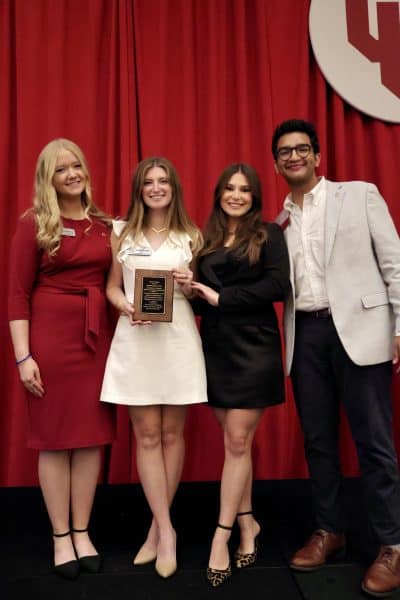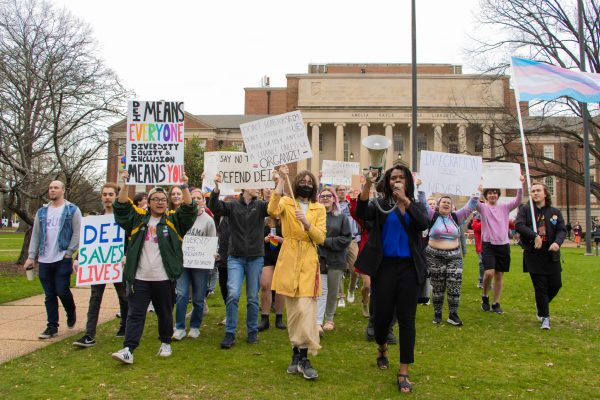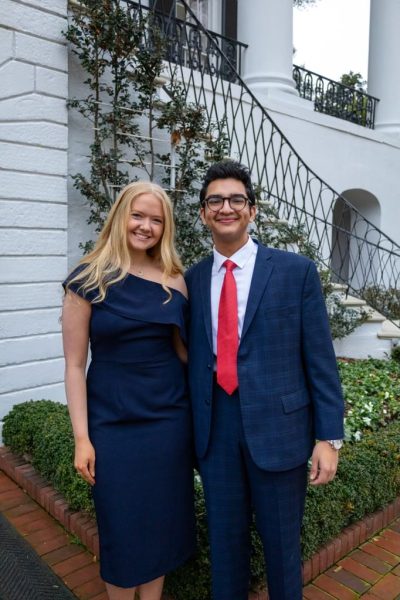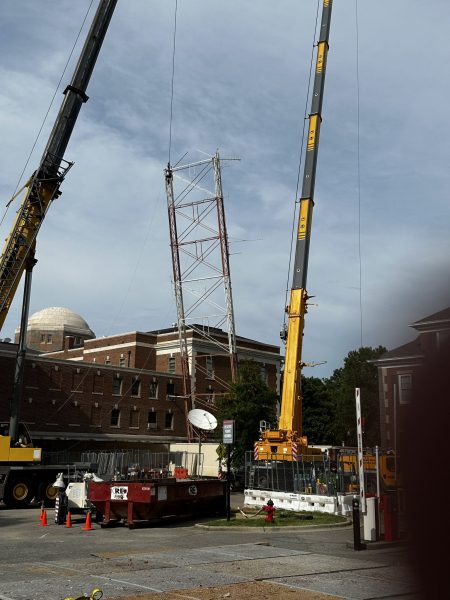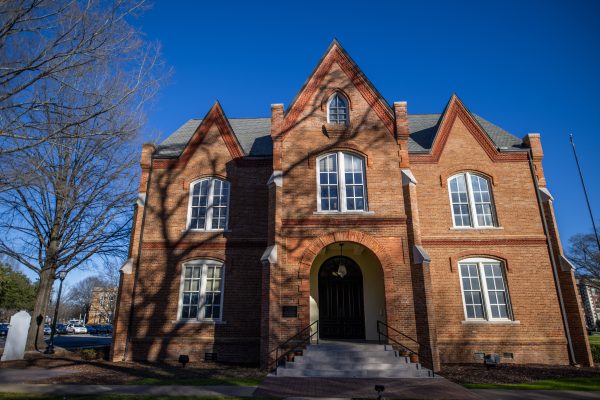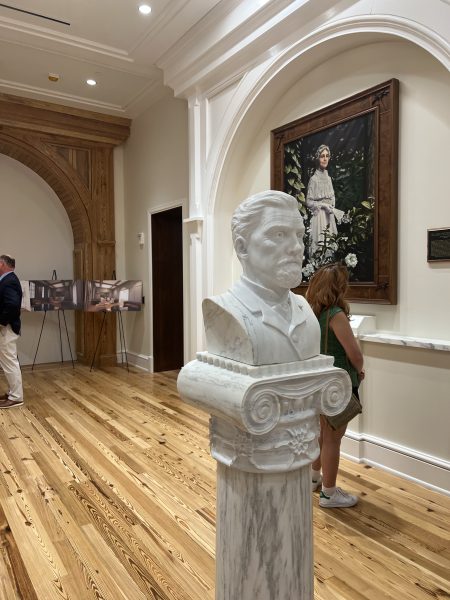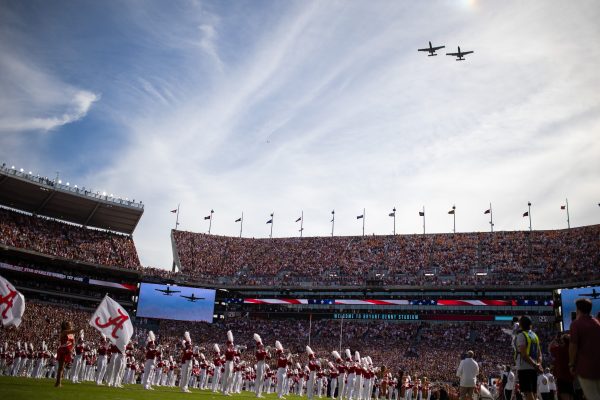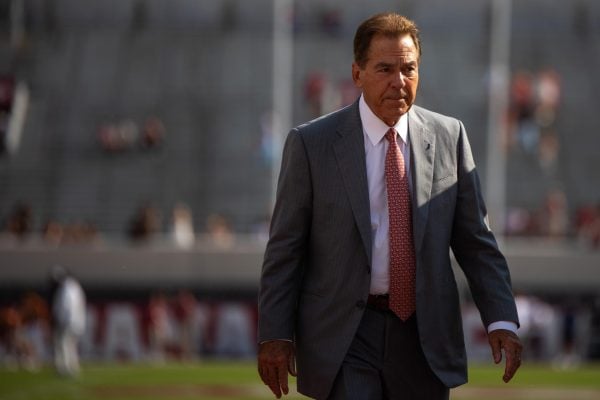University welcomes new deans to several colleges
May 11, 2023
The University of Alabama will welcome new deans for three different colleges this summer.
Julie Sanford is the new dean of the Capstone College of Nursing, Tiffany Sippial is the new dean of the Honors College and William Brewbaker III is the new dean for the School of Law.
This continues a trend of turnover in administrative positions at the University. Last school year, four former deans all announced their resignation.
In three separate emails to students, faculty and staff, executive vice president and provost Jim Dalton detailed the extensive resumes the new deans bring to the table.
Sanford will take over her new position on Aug. 1 after serving four years as dean while teaching at the School of Nursing at the University of Mississippi Medical Center in Jackson. According to Dalton, under Sanford’s administration, research funding for the college quadrupled and enrollment increased 35%.
An alumna of The University of Alabama, Sanford earned her Bachelor of Science in Nursing in 1984.
Starting July 5, Sippial will serve as dean of the Honors College, marking nearly a year since the last dean of the college, Tara Williams, resigned in July 2022.
Sippial has served as director of the Honors College at Auburn University for five years while also teaching history at the school. As an advocate for international students, she led the college’s Study and Travel course to Cuba. For her work, she received membership in the Auburn University Global Teaching Academy and the university’s Inclusive Excellence Award, Dalton said.
Brewbaker, who is replacing former dean of the School of Law Mark Brandon, will bring years of experience with the law to his new position. He practiced the discipline in Birmingham from 1986 to 1992 and has taught at the UA School of Law full-time since 1993.
“I applied for our deanship because I love our law school, and I thought my 30 years of experience here could be useful as we move forward. It’s been fun to be part of a place that’s always striving to get better,” Brewbaker said, adding that he wants to share that “positive” experience with faculty, staff and students as dean.
Brewbaker said his main goals as dean are improving the law school’s “core missions” of teaching, research and service, making people think of Alabama Law as a great place to study or work where community members feel “welcome, included and valued.”
Brewbaker said he wants to increase advancement opportunities at the school, and he wants to recruit more faculty.
“I want our law school to continue to be a point of pride for our University and our state,” he said.
Brewbaker will begin his tenure July 10.
These three positions, which each former deans left with plans to continue teaching at the University, are not the only ones to see turnover recently.
On April 3, Peter Hlebowitsh, dean of the College of Education, announced he would be resigning at the end of the academic year. While the University searches for a replacement, Elizabeth Wilson, current senior associate dean of the college, will serve as interim dean starting July 1.
In June 2022, Mark Nelson, former dean of the College of Communication and Information Sciences, retired from his position. In Sept. 2021, former dean of the College of Engineering Charles Karr did the same.
Such turnover is not unheard of in higher education. Higher Education Publications found that among administrative positions in the US, those at colleges and universities had some of the highest turnover rates from 2016 to 2018, with the rate for deans of colleges of education ranking the highest at 22%.
Shane Dorrill, assistant director of communications for the University, said its dean turnover rate is actually better than average.
“All of [the exiting deans’] tenures are about twice that of the national average of deans,” he said, citing statistics claiming the national average is 4.1 years for law school deans and four to six years for education deans.
This is in contrast to the tenures of the former deans of those schools, Brandon and Hlebowitsh, which Dorrill said served nine and 10 years, respectively. He also said Prevost served a similar amount of time at the Capstone College of Nursing, 10 years, before resigning this month.
Williams, however, served just over two years at the Honors College before leaving for a position at Arizona State University, Dorrill said.


